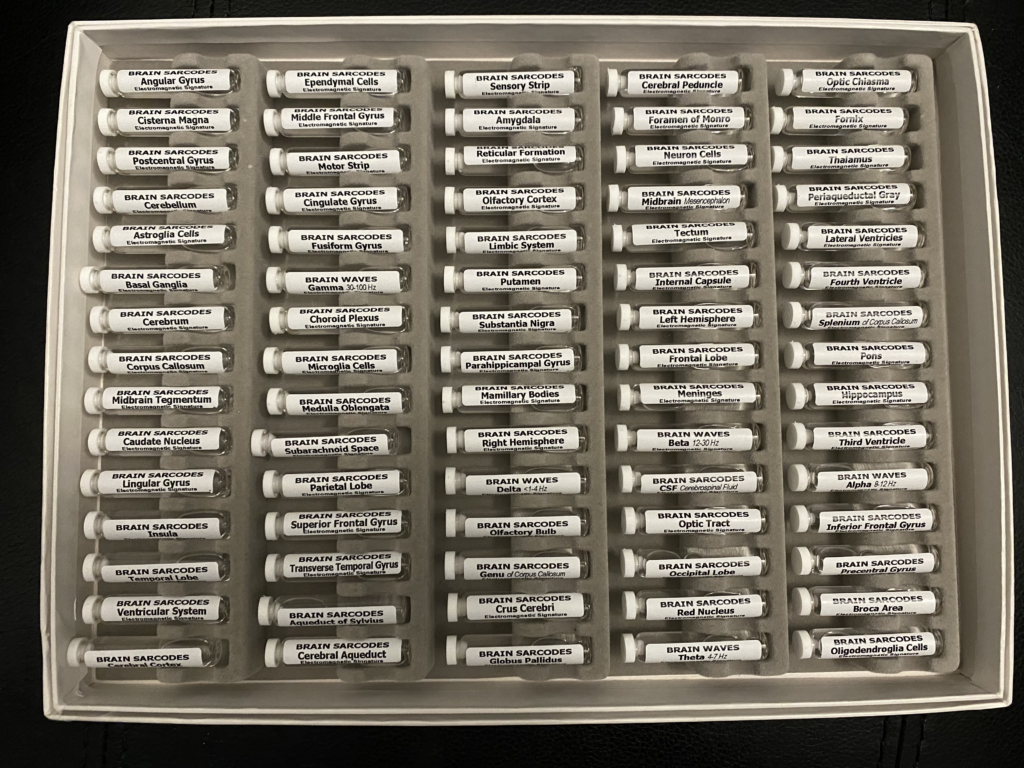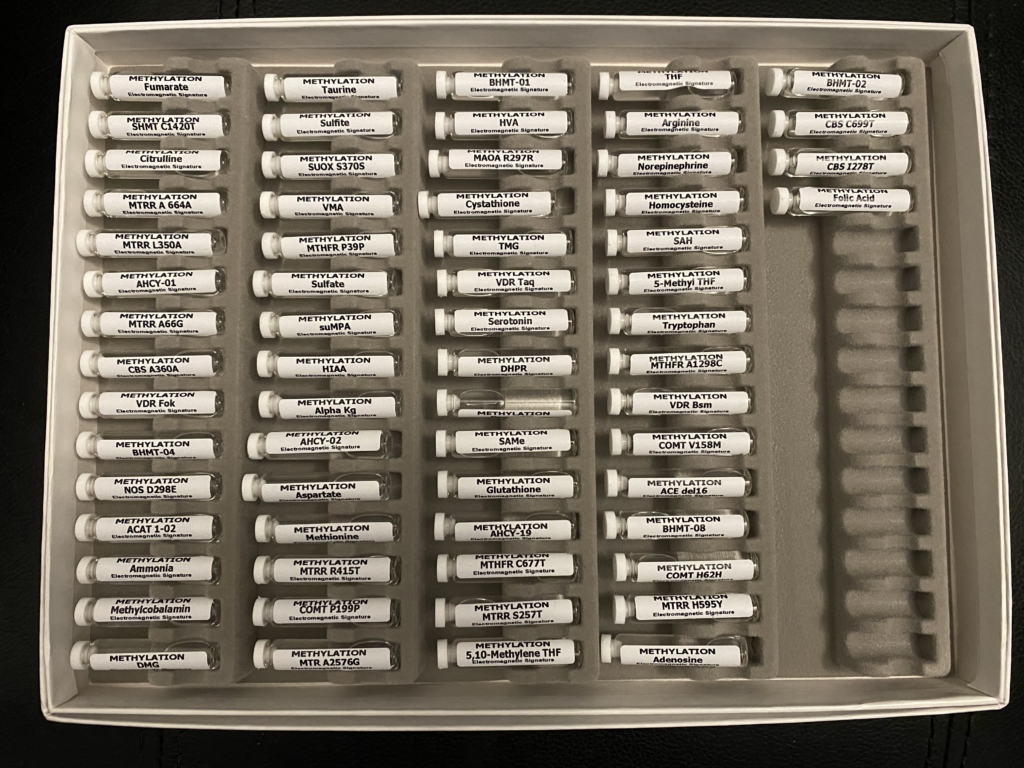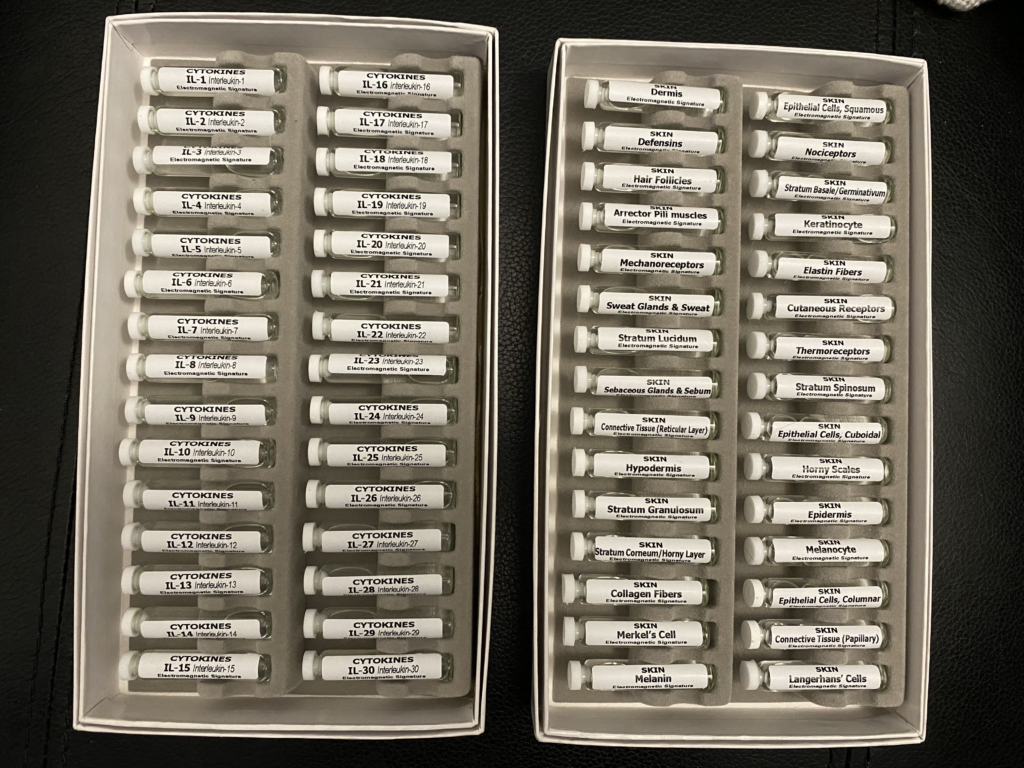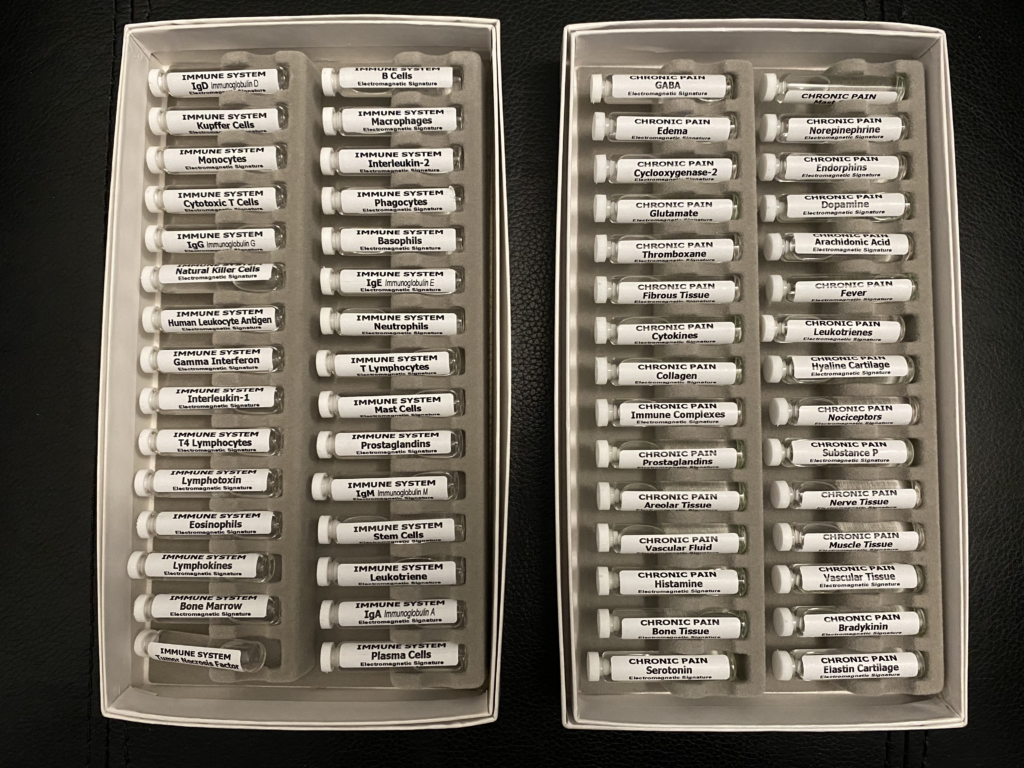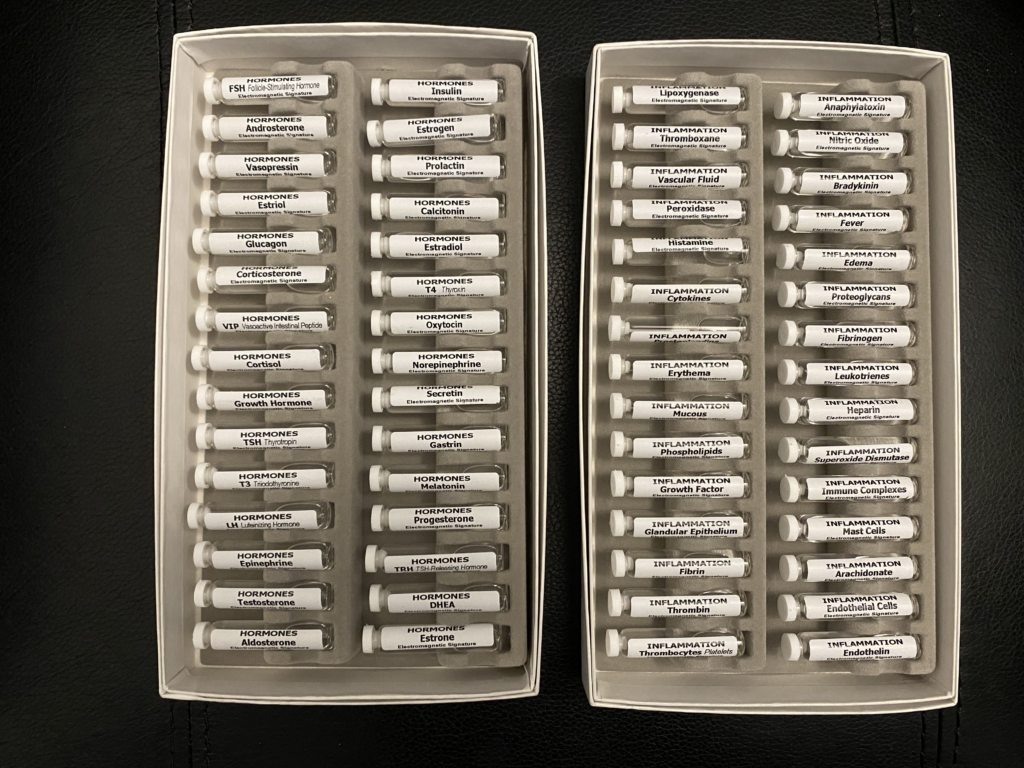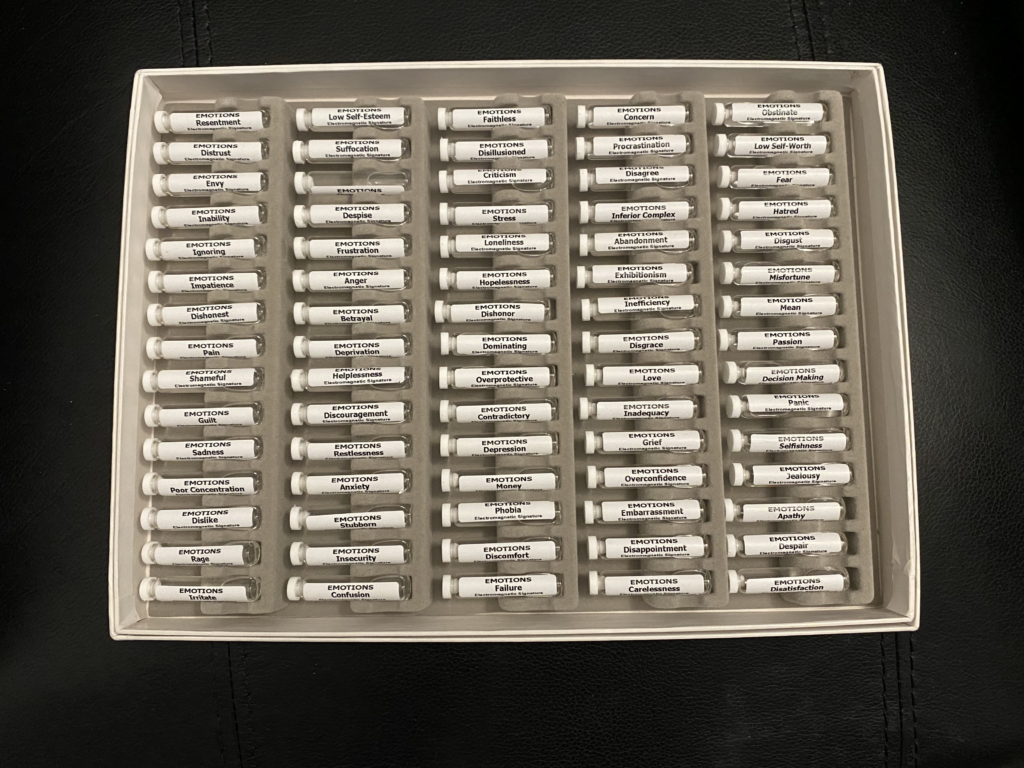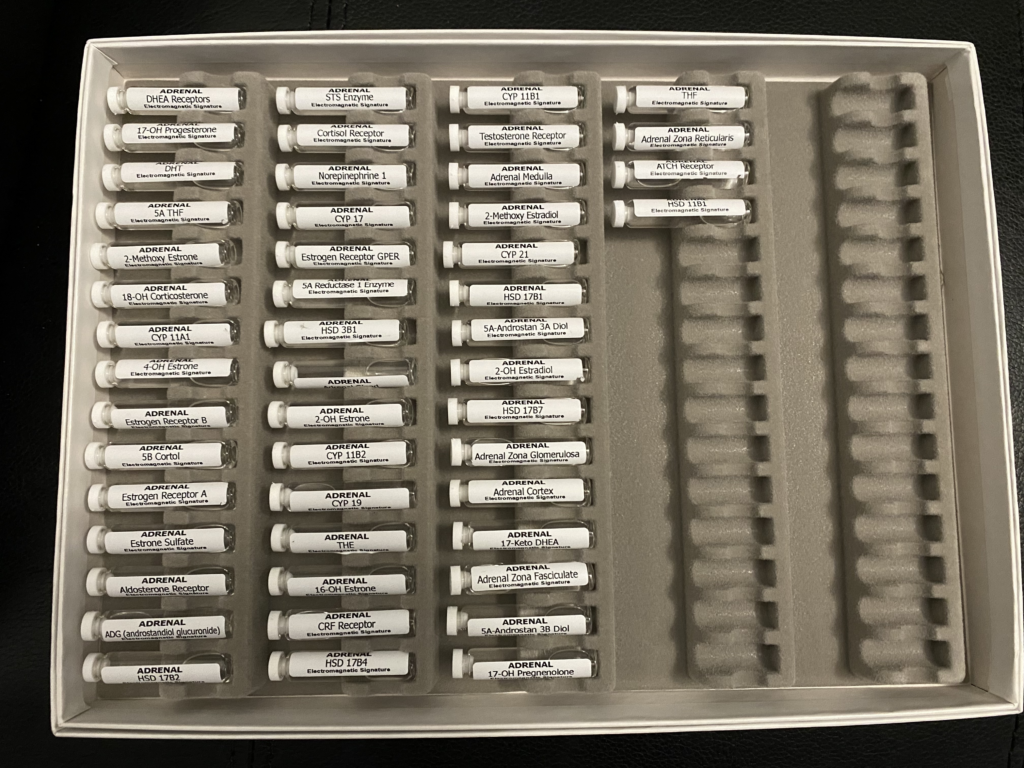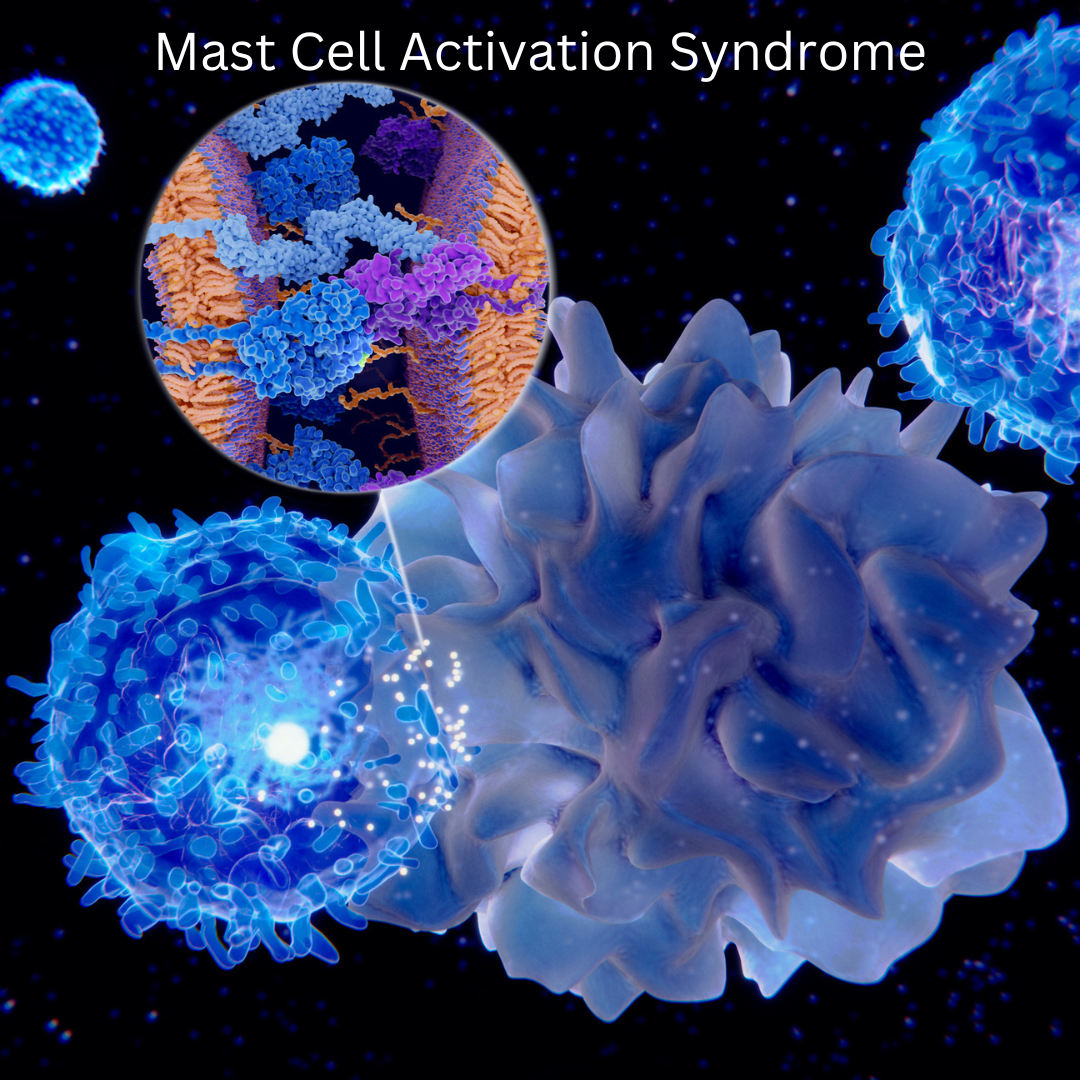Mast Cell Activation Syndrome (MCAS) is a complex condition where mast cells, a type of white blood cell involved in the immune system, become overly sensitive and reactive, triggering a wide range of symptoms throughout the body. Several physiological factors contribute to this syndrome, and understanding them can shed light on its multifaceted nature.
- Inflammation: Chronic inflammation is a common trigger for MCAS. When the body’s inflammatory response is continuously activated due to various factors like infections, allergies, or autoimmune conditions, mast cells become hyperactive, releasing excessive amounts of inflammatory mediators such as histamine.
- Hormone Imbalances: Fluctuations or imbalances in hormones, particularly estrogen and progesterone, can influence mast cell activity. Estrogen, for instance, has been linked to increased mast cell activation, potentially explaining why some individuals experience worsened symptoms during menstruation.
- Cytokine Issues: Dysregulation in cytokines, which are signaling molecules involved in immune responses, can lead to MCAS. Imbalances in cytokine production can stimulate mast cells, contributing to their hyperactivity and the release of inflammatory substances.
- Methylation Issues: Methylation, a biochemical process essential for various bodily functions, can impact mast cell function. Methylation defects may compromise the body’s ability to regulate inflammation and detoxification processes, potentially exacerbating MCAS symptoms.
- Nervous System Dysregulation: The nervous system plays a crucial role in modulating immune responses. Dysregulation of the autonomic nervous system, particularly sympathetic dominance (overactivity of the fight-or-flight response) or impaired parasympathetic function, can trigger mast cell activation.
These physiological factors, however, often intertwine with other external and long-term issues, exacerbating MCAS:
- Past Traumas: Emotional or physical traumas can have a profound impact on the body’s stress response systems. Traumatic experiences can dysregulate the nervous system, perpetuating a state of heightened reactivity in mast cells and exacerbating inflammation.
- Chronic Stress: Prolonged stress leads to the release of stress hormones like cortisol, which can dysregulate the immune system and perpetuate mast cell activation. Stress management becomes crucial in managing MCAS symptoms.
- Mold Exposure: Mold and mycotoxins can trigger inflammatory responses in susceptible individuals. Mold exposure may activate mast cells directly or exacerbate existing inflammation, contributing to MCAS symptoms.
- Lyme Disease and Chronic Infections: Persistent infections like Lyme disease can chronically activate the immune system, leading to ongoing inflammation and potential mast cell hyperactivity.
Understanding the interplay between these factors provides insight into the complexity of MCAS and underscores the importance of a comprehensive approach to treatment. Addressing underlying physiological imbalances, managing stress, and identifying and mitigating triggers like infections or environmental factors are essential in managing and healing MCAS effectively.
As an electromagnetic desensitization practitioner, our approach involves using electromagnetic therapies to rebalance the body’s energetic systems and heal the underlying causes behind MCAS.
EBDT (Electromagnetic Body Desensitization Technique) Wellness Program
Our program is designed to heal the underlying causes of MCAS (along with other disorders/autoimmune diseases), teach you how to manage current and future stressors effectively, and provide the tools you need to successfully implement all you are learning into your daily life.
How Electromagnetic Desensitization Can Aid in MCAS Management:
1. Personalized Homeopathic Remedies:
- Targeted Desensitization: Our program’s use of personalized homeopathic remedies aligns with the principle of desensitization, aiming to reduce the body’s hypersensitivity to triggers that activate mast cells, while effectively healing the underlying causes/triggers of the MCAS symptoms.
- Individualized Approach: Tailoring remedies specifically to each client’s individual needs allows us to target the exact causes of MCAS and immune dysregulation in each client.
2. Curriculum for Stress Management and Spiritual Growth:
- Stress/Anxiety Reduction Techniques: Monthly curriculum sessions can equip clients with practical tools to manage stress effectively. Stress management is pivotal in MCAS, as stress can exacerbate mast cell activation. This curriculum is designed to help you positively engage with your body and learn how to understand the messages your body is sending you on a regular basis.
- Empowerment through Education: The curriculum is designed to empower you to “Choose You” every day and allow your own beauty to unfold through education and purposeful practice.
- Embracing The Five Aspects of Healing: The curriculum focuses on healing mentally, emotionally, physically, spiritually, and energetically. Each topic covers all five aspects to embrace healing and growth from every angle.
3. Live Webinars for Practical Application:
- Real-time Guidance: Weekly webinars offer live support, helping clients implement what they’ve learned into their daily lives.
- Community Support: The group setting fosters a sense of community among individuals navigating similar challenges, offering mutual support and shared experiences.
How This Program Heals MCAS:
- Comprehensive Approach: By addressing both the physiological and emotional aspects of MCAS, our program takes a holistic stance towards healing, and addresses issues on a cellular level.
- Long-term Support: Over the course of a year, the use of personalized remedies and continuous education empowers clients to make sustainable lifestyle changes for the future, while healing their past.
- Empowerment and Education: Educating clients about stress management and the impact of various triggers allows them to take an active role in their health, reducing reliance on symptomatic treatments alone.
- Community and Guidance: The communal aspect of live webinars fosters a supportive environment where clients can exchange experiences and learn from each other, enhancing their journey towards managing and healing MCAS.
Incorporating our EBDT program into a current treatment plan for MCAS offers a promising avenue for individuals seeking a multifaceted approach to managing this intricate condition. The combination of personalized remedies, stress management education, and ongoing support through live sessions could significantly contribute to alleviating symptoms and enhancing the quality of life for those affected by Mast Cell Activation Syndrome.
Note: Cindy Costley, EBDT Practitioner, Nutritionist, Healer, is not a medical practitioner and does not diagnose, treat, cure, or prescribe for any disease or medical condition. Recommendations in this coaching experience are based on the opinion of Cindy Costley and are not meant to replace the care of a medical practitioner. Always consult your physician before changing your healthcare regimen.
The pictures in the gallery below encompass a few of the homeopathic viles that are used to build personalized remedies for our clients to resolve their MCAS symptoms. It is important to note that, although this post addresses MCAS, this process works for other health challenges as well, such as autoimmune disorders, anxiety, depression, and more.
